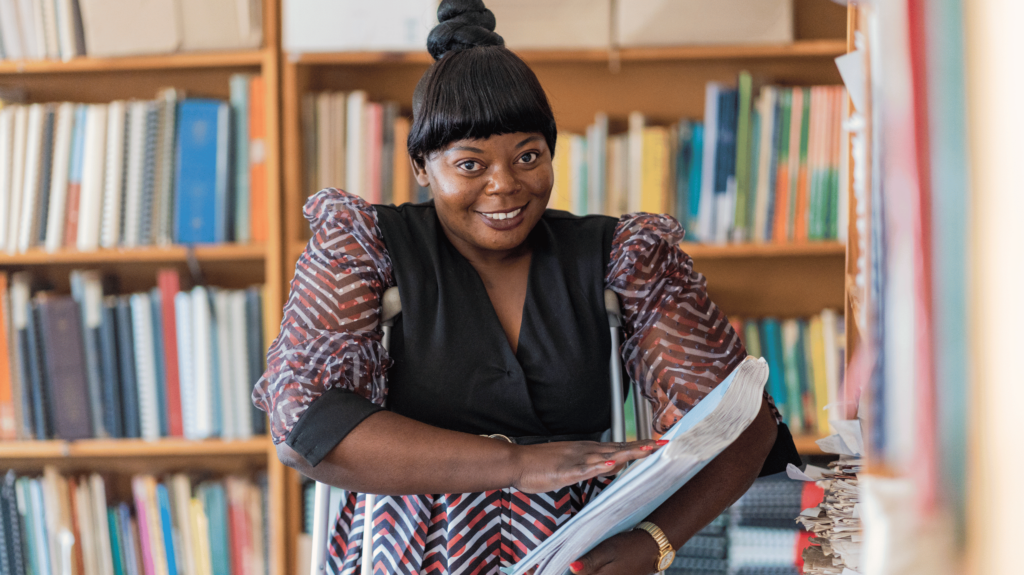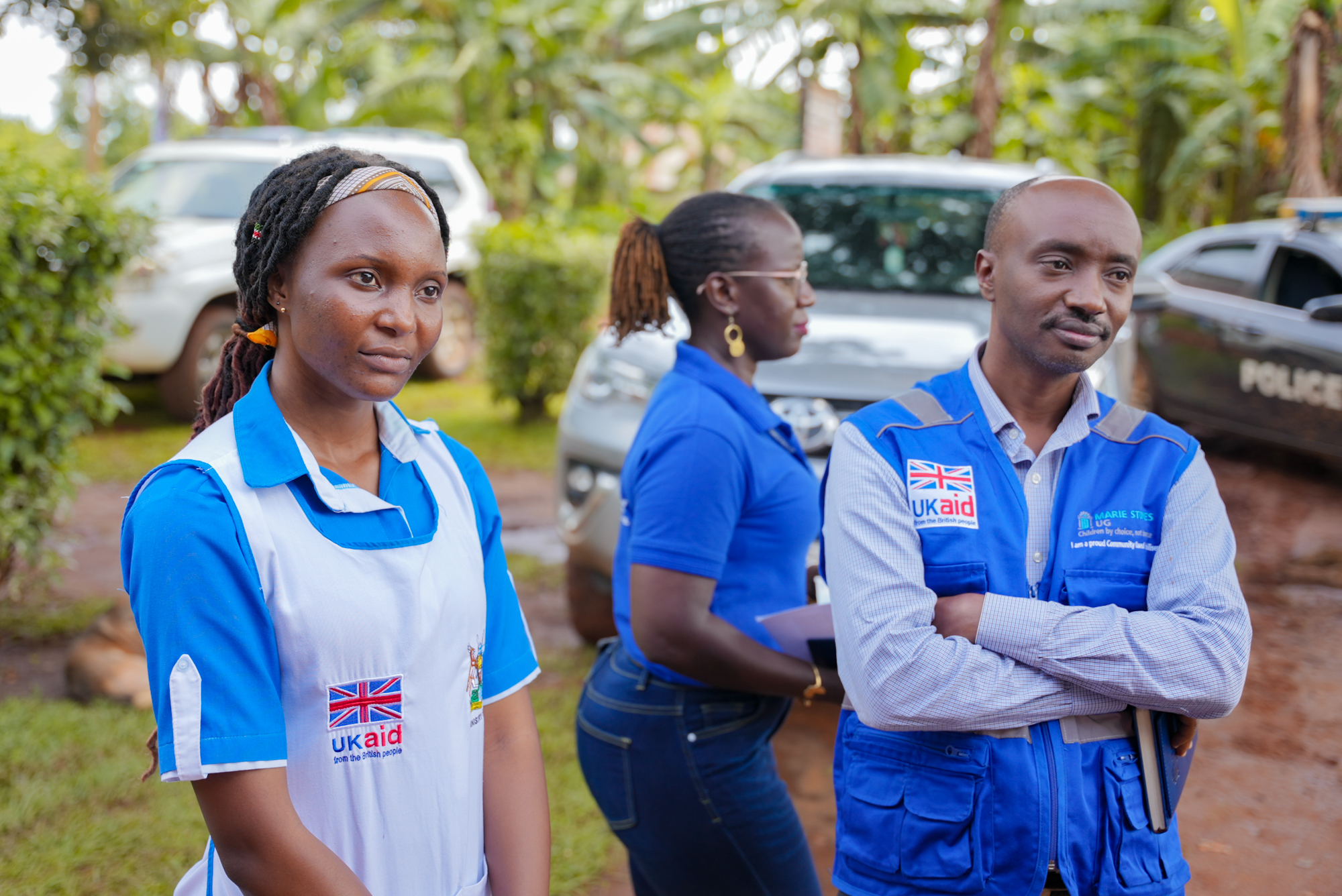
This International Day of Persons with Disabilities, we are proud to affirm that the future is accessible. But when it comes to sexual and reproductive healthcare, we know there’s a long way to go.
People with disabilities are estimated to make up 15% of the world’s population, around 1 billion people worldwide[1]. Despite making up one of the world’s largest minority groups, people with disabilities continue to face serious barriers in accessing reproductive care worldwide.
Around the world, women with disabilities face daily stigma from their community, which can have huge ramifications for healthcare access. If a woman with a disability attempts to access sexual and reproductive healthcare services, they can face stigmatising questions from their family, community and sadly, health workers, over whether she could or should be having sex.
It’s important to remember that disability is only one part of a person’s identity. Everyone deserves access to quality sexual and reproductive healthcare without stigma.
For more inclusive services, providers should tailor services for people with disabilities to meet their needs. For example, making information available in a range of visual and audio formats which can be beneficial for clients with visual and hearing impairments, but also for clients without disabilities who have low literacy levels.
This International Day of Persons with Disabilities, we’re proud to highlight our work to reach women with disabilities through the UK government’s flagship program, Women’s Integrated Sexual Health (WISH). It aims to strengthen support for sexual and reproductive health and rights and we are working to ensure services meet the diverse needs of women we serve.
For example, in Sierra Leone, where accessing sexual and reproductive health services can be life-saving, we are working with disabled people’s organizations to design inclusive services to reach women with disabilities in the communities in which they live.
This program aims to ensure that we leave no-one behind. We will be doing all we can to remove the barriers that women with disabilities face. It’s only with equal access to sexual and reproductive healthcare services that the future will truly be accessible.








